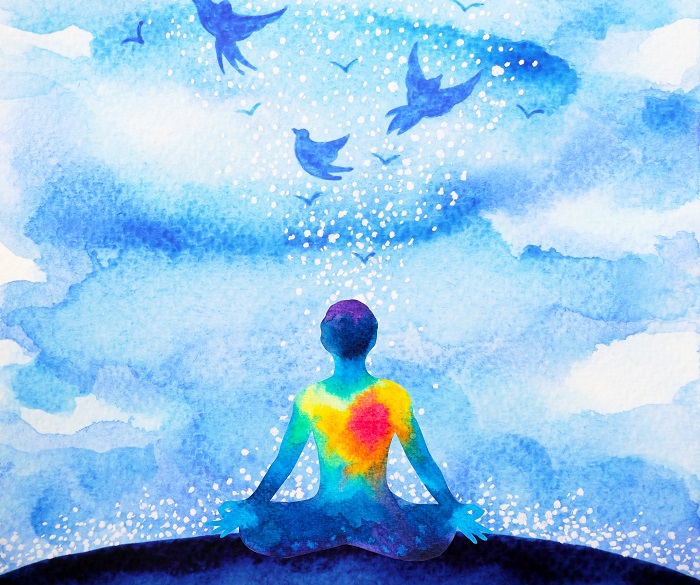We live in a time where obsessions abound; fabulous fashion, funky food, fierce football and flourishing finance. We may argue that these obsessions are fairly harmless and mere cultural shifts in an ever changing secular society.
May I invite you to consider another obsession that I think is bringing with it some negative consequences to our quality of life and the common good? I am referring to the current obsession with the body.
I think we are underestimating the effects of violence in the media, particularly on young children and adolescents. Nothing leads to the dehumanising of others quite like watching thousands of hours of violent video games and films. A number of reports are observing that exposure to violence in the media is likely to make the watcher more accepting of violence.
American children watch over 200 000 acts of violence (including 16 000 murders) before the age of eighteen.
A number of psychologists suggest that such an exposure leads to a numbing effect, normalising violence as not only a way to deal with conflict, but as potentially a source of thrill and excitement.
This reinforces the view that humans are disposable and is essentially dehumanising people. One could mount the same argument against pornography, graphic violence as a comedic device and the trafficking of people as sex slaves. All debase the body as a mere commodity to be bought and sold, used and abused.
We need to urgently recover the Christian teaching of the sacredness of the human body.
One of the core convictions of Christian faith is the incarnation. God took the form of a person in Jesus Christ. (‘The Word became flesh and dwelt amongst us’ John 1: 8).
Paul puts this truth beautifully when he writes, “For in Christ lives all the fullness of God in a human body” (Colossians 2:9).
In some ways, God’s mission is to restore broken, desacralised humanity. We see in Christ what it is to be fully human. The gospel calls us to embody the life of Christ in word and deed. And in the life to come, the New Testament and the Apostle’s Creed reminds us of the ‘resurrection of the body’.
Our hope for the future is not that we are not disembodied beings, as the Greeks believed. Rather, we are whole beings, body, mind, soul and spirit – what Nancy Murphy called ‘spirited bodies’ (see also 1 Corinthians 15).
Through Christ we can be wonderfully healed, restored and forgiven. This is our hope for each other, our communities and for our planet. Whenever and wherever human beings are being dehumanised, the Christian community must point to an alternative vision where the sacredness of human life is deeply valued and honoured.
This is our starting point in complex issues like euthanasia, the sex industry, Newstart payments and the treatment of the most vulnerable. As CS Lewis put it, “Our imitation of God in this life must be an imitation of God incarnate. Our model is the Jesus, not only the Jesus of Calvary, but of the workshop, roads, crowds, clamorous demands and interruptions.”
Blessings,
Rev Steve Francis, Moderator of the Uniting Church WA
